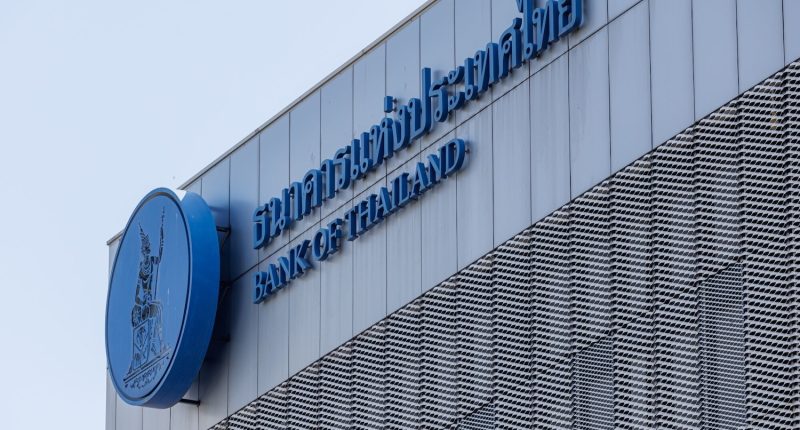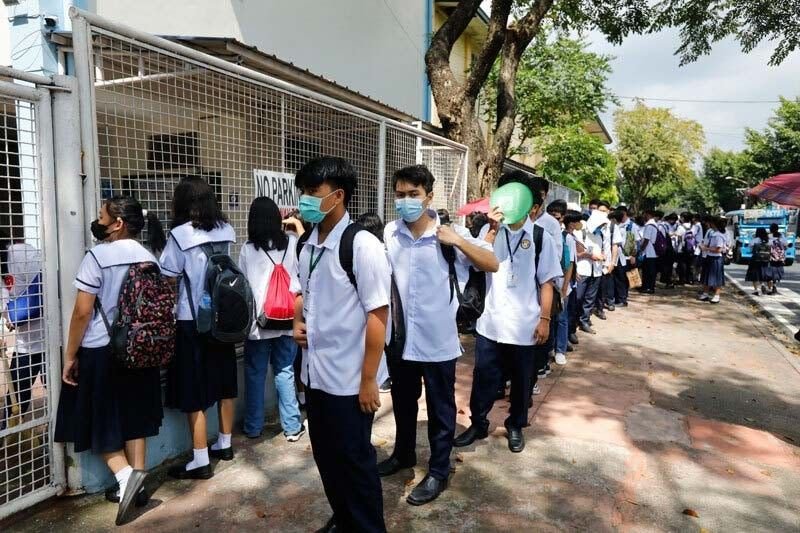Banking stocks are gearing up for significant gains as global interest rates continue to trend downward. All eyes are on the Bank of Thailand (BoT), which is expected to announce another policy rate cut in December. With the BoT’s recent decision to lower rates by 25 basis points to 2.25%, the first cut in over four years, the market is buzzing with optimism.
Global Rate-Cut Trend Fueling Market Optimism
Central Banks Slashing Rates Globally
The BoT’s decision to lower its rate follows similar actions by central banks across the globe. Notable examples include the European Central Bank, which has cut rates three times by a total of 75 basis points, and the US Federal Reserve, which reduced rates by 50 basis points. This trend aims to reignite sluggish economies in developed nations.
Future Rate Predictions by Analysts
Financial analysts expect this downward trend to continue. Asia Plus Securities (ASPS) projects that interest rates will stabilize at 3.5% in the US, 2% in the eurozone, 3.75% in the UK, and 2% in Thailand by the end of 2025. This environment presents a promising opportunity for investors looking to capitalize on lower rates.
Best Banking Stocks to Watch
Banking Stocks Set to Benefit from Rate Cuts
Following the recent rate cut, Bualuang Securities (BLS) is particularly bullish on banking stocks. Top picks include Bangkok Bank (BBL), Kasikornbank (KBANK), and Krungthai Bank (KTB). These institutions are expected to benefit from increased investment activity and higher-quality loans as the rate environment becomes more favorable.
Other Stocks Poised to Profit
In addition to banking stocks, ASPS highlights other sectors that are well-positioned to cash in on the lower rates. These include KGI Securities, Maybank, retail giants like CP Axtra and Berli Jucker, and real estate developers such as AP Thailand and Supalai.
Sectors Benefiting from Lower Financial Costs
Key Sectors to Watch
Lower financial costs are set to boost several key industries. Petrochemical companies, such as Indorama Ventures and PTT Global Chemical, along with finance firms like Muangthai Capital and Ngern Tod Lor, are expected to benefit. Contractors, including Ch. Karnchang and Sino Thai Engineering and Construction, are also predicted to gain from reduced costs.
High-Dividend Yield Stocks
For investors seeking high returns, high-dividend yielders like PTT, Tisco Financial Group, and Land and Houses present attractive opportunities in the current low-rate climate.
Impact of Rate Cuts on the Broader Economy
Krungsri Capital’s Economic Predictions
According to Krungsri Capital Securities (KCS), the recent rate cuts are likely to stimulate the economy, ease consumer debt burdens, and revamp loan books across the banking sector. However, these cuts come at a time of global economic uncertainty, with tensions in the Middle East, a struggling Chinese economy, and ongoing volatility in the US-China trade war.
Hot Picks for Low-Rate Investors
Top Companies for Low-Rate Environments
In addition to the banking sector, KCS recommends several other companies poised to thrive in the current low-rate environment. These include hire-purchase firm MTC, Gulf Energy Development, Global Power Synergy, and heavily indebted firms like True Corporation. Real estate companies and high-yield stocks also offer attractive investment opportunities.









